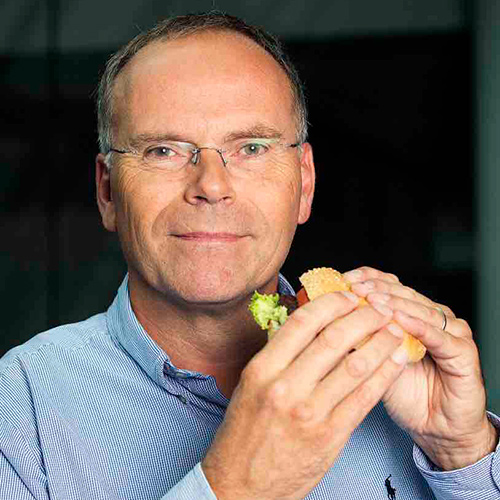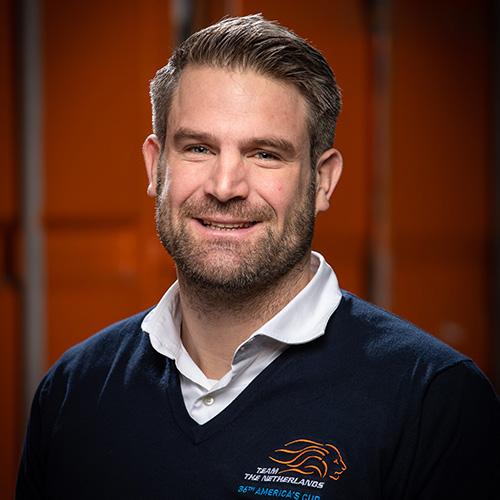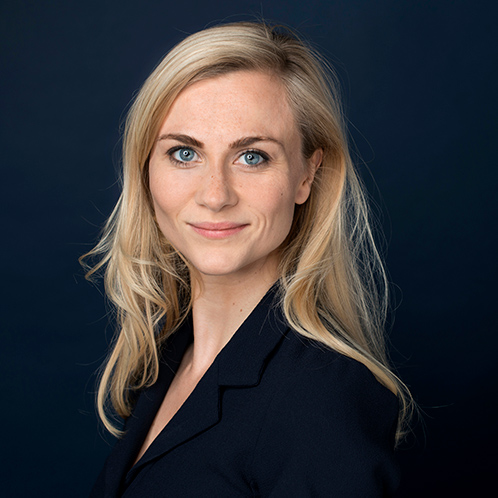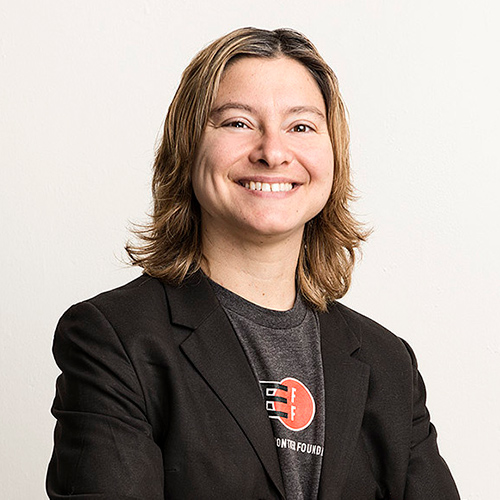Mark Post
Future of Food
Mark Post
Proteins are a valued part of our diet and consumer products such as leather, yet their production is resource intense and especially animal proteins have a large environmental impact. New technologies collectively referred to as cellular agriculture aim to provide the same products, e.g. meat or leather, through alternative methods with a much higher efficiency and smaller footprint. By their perceived disruptive nature and because food is emotion rather than reason, cellular agriculture technologies reveal the tension between rational benefits of innovation and emotional resistance against the prospects of future innovative realities. These aspects are discussed using cultured meat as an example. The increasing demand for leather, while many alternatives exist, illustrate how consumers adhere to known and cherished products.
Keynote topics
- Cultivated Meat: why is it relevant, technological & psychological angles, when available.
- Future of Farming: increasing urbanization & decrease of farming activities.
- Ethics in Biotech: psychologic research, impact on animal well being & workforce.
- Cultivated Leather: why is it relevant, technogical angles and when available.
Biography
Mark Post (Future of Food) has a medical degree and a PhD in Pulmonary Pharmacology. He has been an Assistant Professor in Medicine at Harvard Medical School, Professor of Vascular Physiology at Maastricht University and Professor of Angiogenesis in Tissue Engineering at the TU/e. He soon became involved in a Dutch government-funded program investigating “in vitro meat”, which resulted in the world’s first lab-grown burger in 2013. In 2016, Post and food technologist Peter Verstrate launched their company Mosa Meat to commercialize cultivated beef. In 2015, Qorium was launched by Post, Rutger Ploem and Stef Kranendijk to do the same for cultivated leather.




